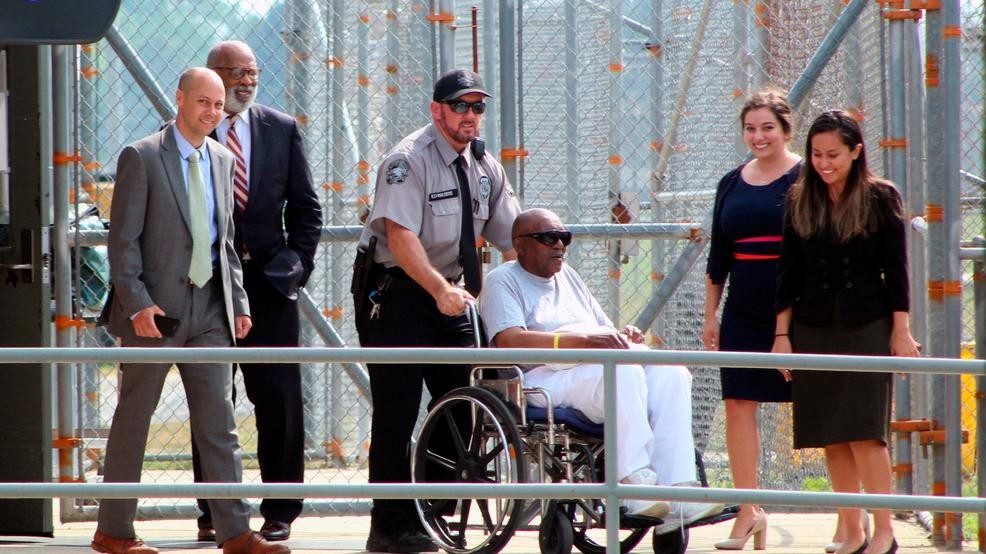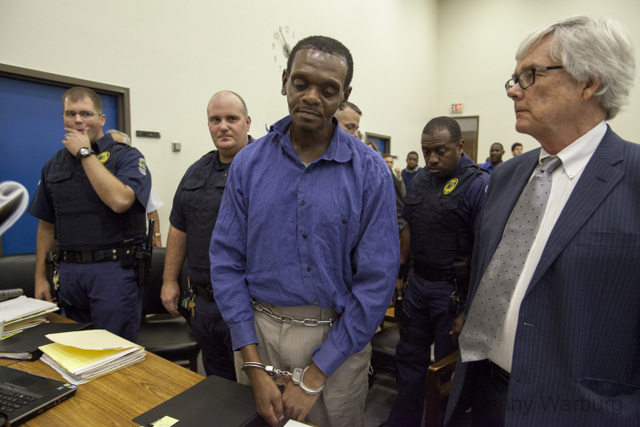
Charles Ray Finch was released from prison last week, 43 years after he was sentenced to death for a crime he didn’t commit. His family cheered and thanked God as he emerged from the prison gates, and at Finch’s request, they all went for barbecue.
Exonerations always have a celebratory feel of justice finally being served. But don’t mistake Finch’s release for justice, or for anything other than a tragedy.
Finch spent his life in prison being degraded and brutalized, because that’s what the American prison system is designed to do. His daughter, who was 2 when he went to prison, grew up without him. Finch struggled with anger and depression, and is now 81 years old and in poor health. He was pushed out of prison in a wheelchair.
He was convicted in 1976 for the robbery and killing of a convenience store clerk. Investigators conducted an improper suspect lineup and then lied about it. They pressured witnesses to implicate Finch. Yet, no one has been or likely will be punished for their role in this miscarriage of justice.
The Duke Wrongful Convictions Clinic spent nearly 19 years working for Finch’s release. Something is wrong when it takes that long to free a single innocent person.
Ten people have now been exonerated after receiving death sentences in North Carolina. All of them were poor, and most of them were black. More innocent people remain in prison, waiting year after year for the system to “work.”
This is the system that North Carolina lawmakers say you should trust to decide life and death, and to carry out executions. It’s a system that’s profoundly broken and still threatens the lives of 142 people on death row.
Let’s not ever mistake an exoneration for something to celebrate.
Posted: May 28, 2019

